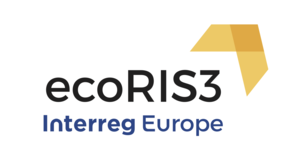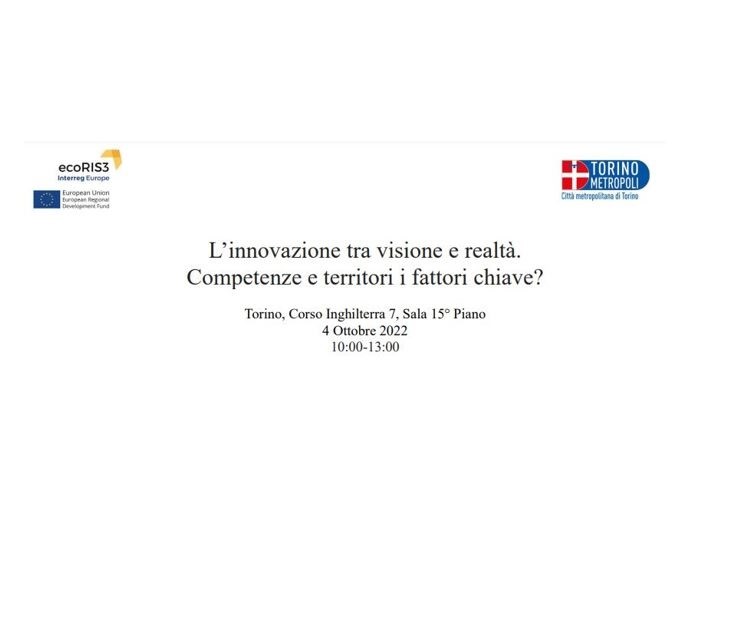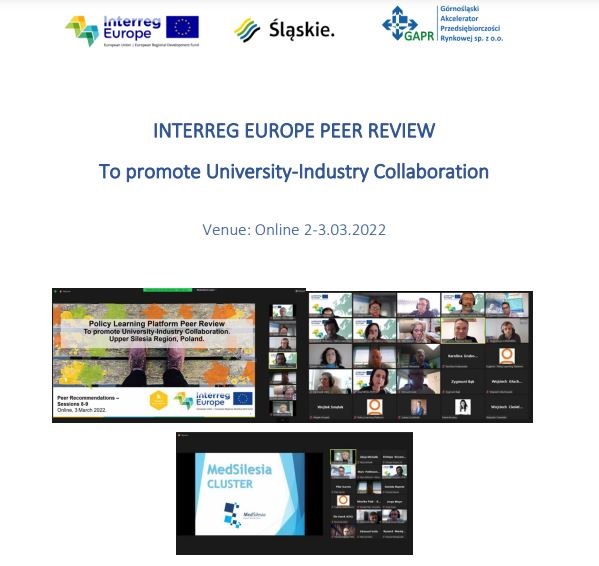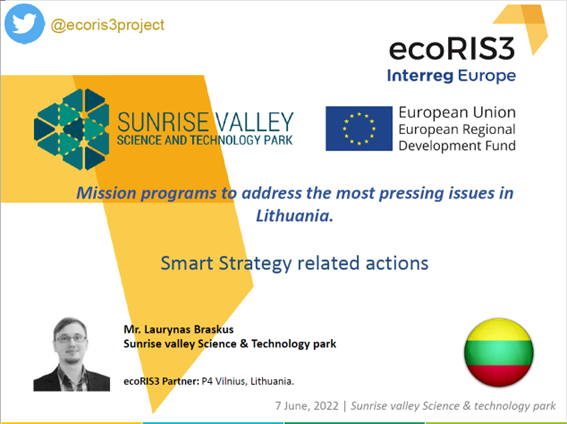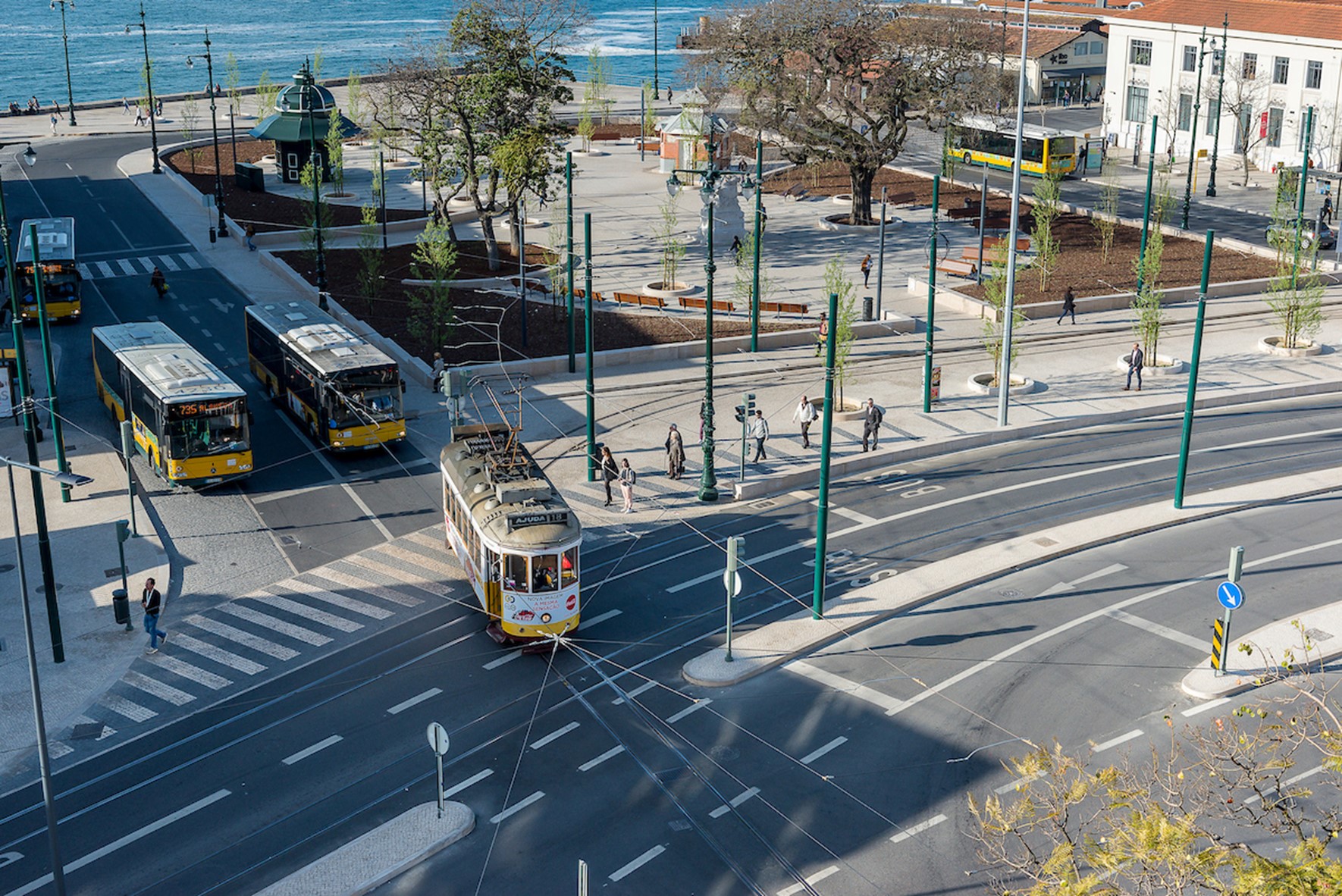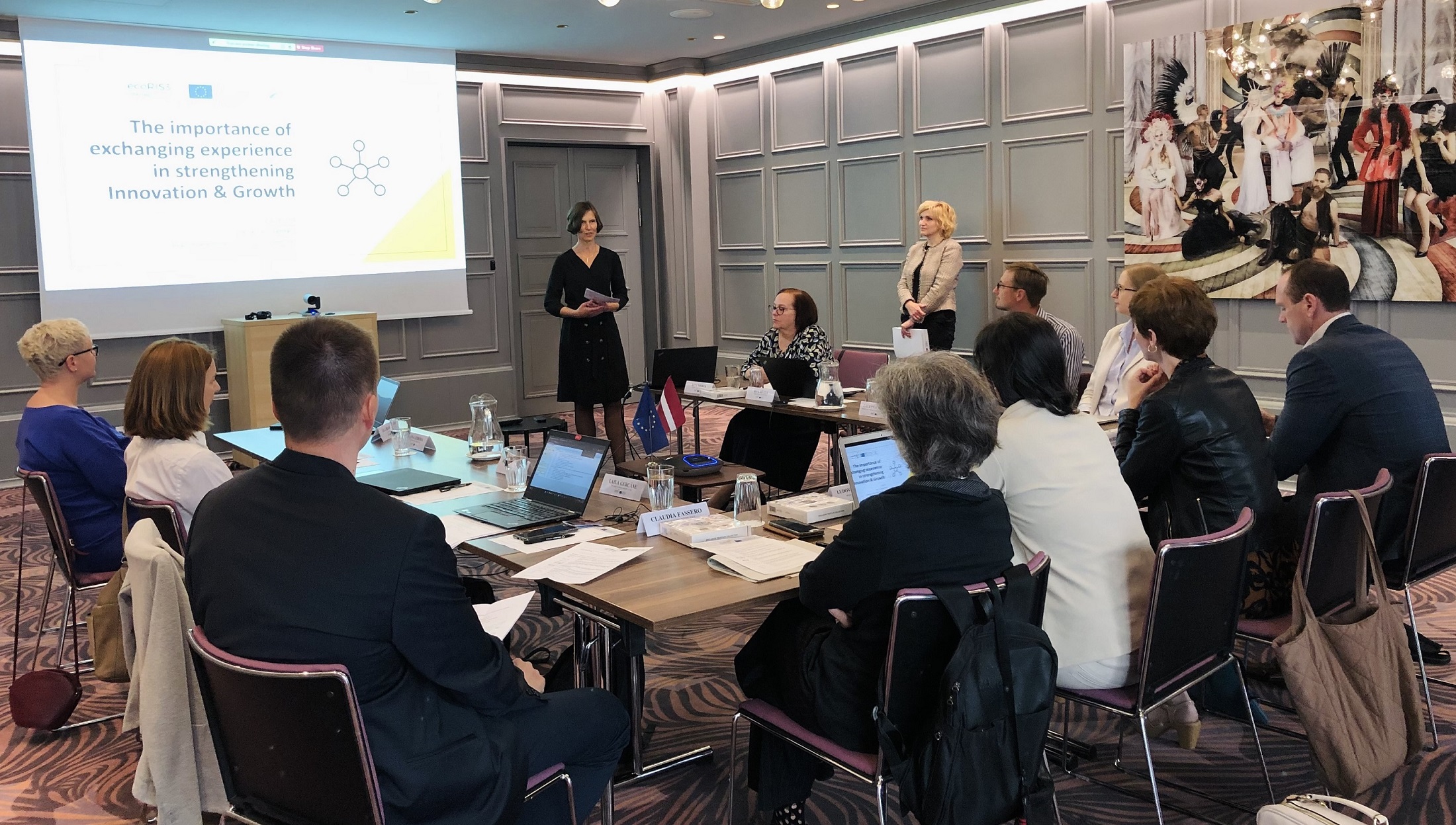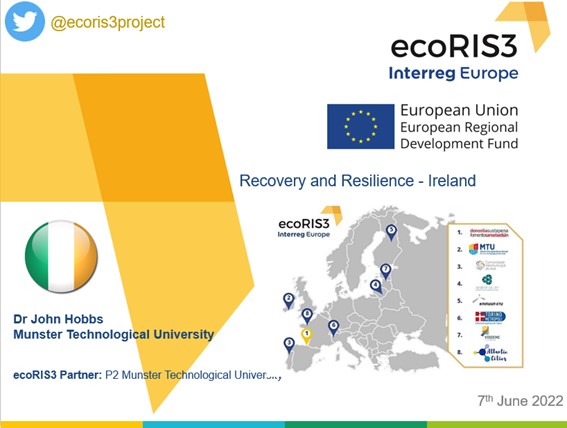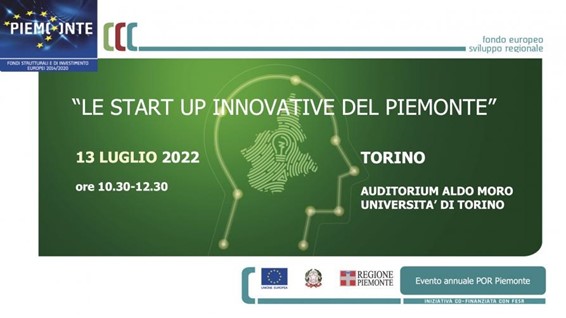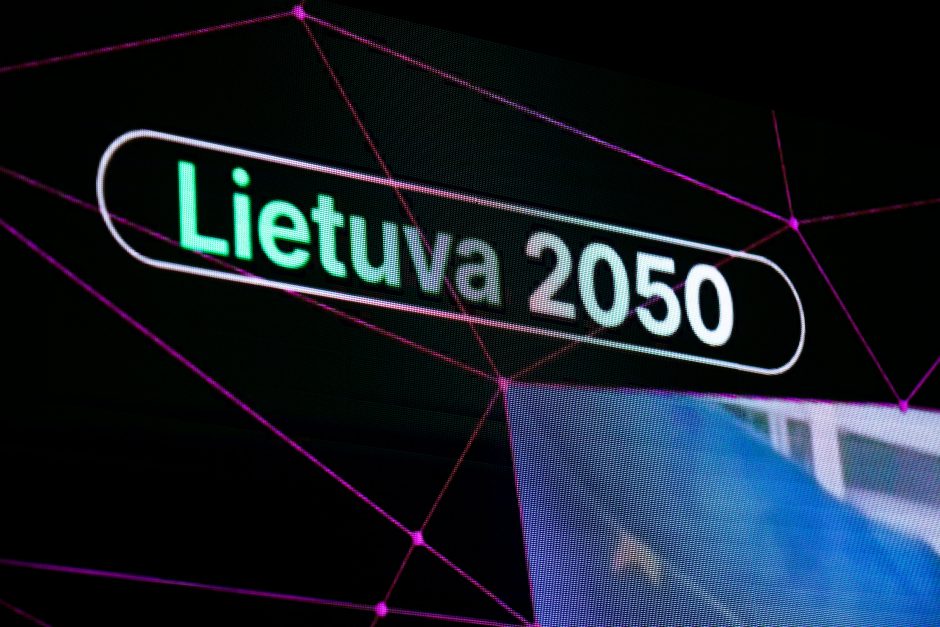During the online event “ecoRIS3: Innovation through the Pandemic” partners and stakeholders constructively discussed on common elements for future perspectives of RIS3. This article seeks to highlight elements and key learnings of partners presentations and the structured discussion time at the event hosted online by the Metropolitan City of Turin on the 24th of February.

Giacomo Finato, IVY volunteer hosted by the Metropolitan City of Turin conducted the structured discussion through the world café methodology. Since the event was online, he used the Miro platform as a whiteboard, to keep track of key concepts both during partners presentations and during the discussion.
From ecoRIS3 partners and guests presentations the Metropolitan City of Turin ecoRIS3 staff actively took notes, to keep track of the main elements that emerged (Figure 1).

During the discussion time, the main questions to be answered were the following:
• Before Covid-19, how did you imagine your today's innovation ecosystem?
• What are the main differences between the current ecosystem and what you had imagined?
• And how do you imagine it in 10 years' time?
The discussion was rich and participated, many interesting concepts and ideas came up, as shown in figure 2 below.

Dr Daniela Nepote, Senior Researcher at the Institute of Economic and Social Research of Piedmont (IRES Piemonte), broke the ice, by stating that: “Before Covid-19 I imagined an innovation ecosystems only focused on enterprises, whereas now with the new S3 and with the pandemic I can see that the approach is more holistic. In the ecosystem there aren’t just businesses, but there are also people”. In her point of view, these are the main differences between the current ecosystem and what she had imagined.
Dr John Hobbs, Senior Lecturer at MTU believes that: “Before Covid-19, predominantly the ecosystem was face to face. A lot of the interactions happened face to face, that’s how innovation exchanges occured. That’s one of the big differences in terms of how the ecosystem currently is. Today we can share knowledge through hybrid sessions, digital technologies helped, but cannot substitute face to face interaction. In the future, I think is going to be a blended approach, people re-imagining their own lifestyles as well. Before Covid-19 I travelled twice a month for work, after Covid-19 I imagine a lot of that travelling won’t need to occur [...]. The most important elements will probably still happen face to face”.
Ms Claudia Fassero, Head of EU and International Projects at the Metropolitan City of Turin, added: “Concerning the new holistic view, I think we have to better reflect for the future on the quality of life. Innovation strategies can affect the our quality of life. The economic indicators are not longer enough to measure innovation policies. According to me, the pandemic has accelerated some trends in act: digital transition, green transition, multilevel governance... The pandemic somehow accelerated all these processes. Now we have to reach goals in a more compressed time”.
Mr Marco Manero, from the Department of Regional Competitiveness at the Piedmont Region, stated in the chat that: “On the one hand, it seems to me that an important change is a weight increase of the ‘public hand’ for innovation pathways. On the other hand, I am concerned that the public administrations will not be able to understand the potential of this change inside their organizations”.
Ms Giuliana Gheza, service and social designer at SocialFare, stated that: “Thanks to digitalisation we are able to work more easily, but another point is that now everything is really fast, what we did in 6 hours before Covid-19, now we do in one hour. I don’t know if and how healthy for the people who work in innovation ecosystem, for the ecosystem and therefore innovation. Challenge is not to be overwhelmend by new technologies, try to use better new technology. In 10 years hopefully we will work less but more efficiently, starting a slow path also for innovation in order not to burn out ourselves.”
Finally, Dr. Sonia Cambursano, Councilor of the Metropolitan City of Turin in charge of Economic Development and Strategic Planning concluded the event, by thanking everyone for their presence. She agreed with Dr John Hobbs, stating that a lot still has to be done face to face, human contact is essential. She also stated: “I think that challenges and opportunities are deeply intertwined. The pandemic has shown us that we, as Metropolitan City of Turin, have to be very close to our citizens and communities. [...] The pandemic is an historical moment, in which we discovered that rural and mountain areas can be marginalised. We have to help them to achieve their goals, we need to follow the key-role of the “economy for everywhere and for everyone”.
For further information contact: Claudia Fassero
